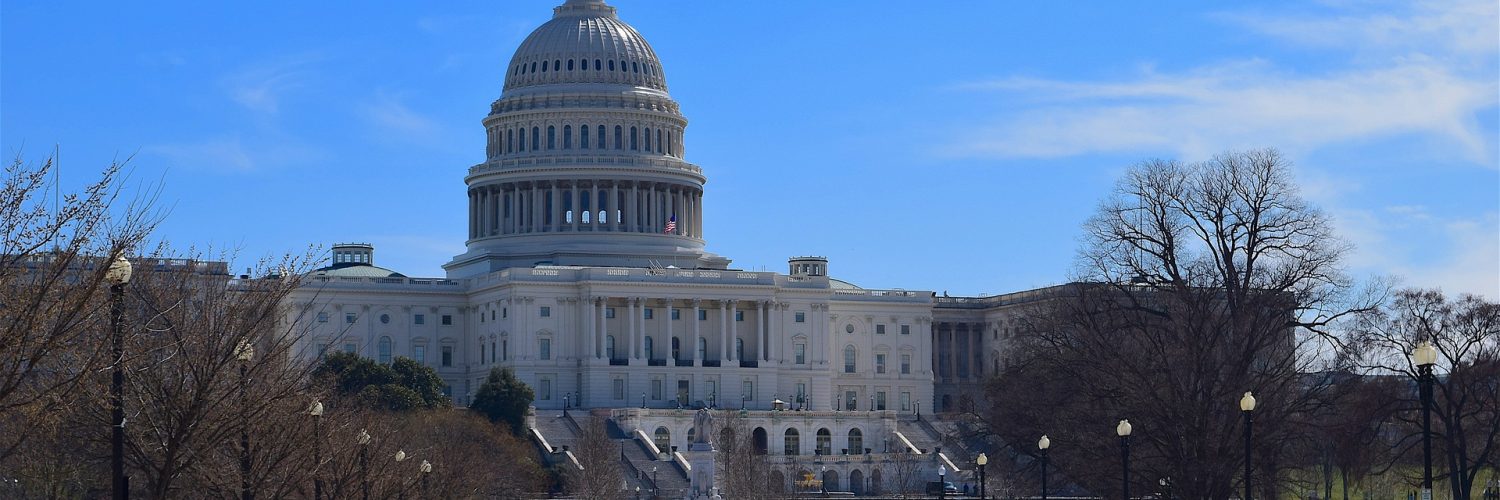Another year. Another failed Dream Act in Congress, it appears.
Businesses and immigrant workers felt let down this month after the U.S. Senate announced it is not interested in considering the bill, called the American Dream and Promise Act 2019.
Now, the courts may have to decide whether undocumented workers and students brought to America as children will be allowed to stay. If the court fails to act, deportation proceedings could be next.
The legislation passed in the House June 5. But Senate Majority Leader Mitch McConnell (R-Kentucky) said it would “probably not” see the light of day on his side of the aisle.
Security funding for the border crisis is the priority, not Dreamers, McConnell told Fox News after the House voted.
Blow to industry
While the news was not unexpected, it was hard to swallow for hundreds of businesses and pro-business groups like the Arizona Chamber of Commerce and Industry and the U.S. Chamber that have lobbied for passage. Hundreds of city, county and other elected officials across the nation have lobbied hard as well.
The bill would have provided a legal path to residency and work for an estimated 2 million Dreamers and other immigrants here on temporary status for humanitarian reasons.
With mortgage to pay, this Dreamer not giving up
Dreamers like Reyna Montoya, who pays a mortgage and just bought a new car, refuse to give up hope.
“I will always be optimistic but I’m worried that Congress and the presidency don’t have the will to solve this,” said Montoya, a DACA recipient who came to Arizona when she was 10.
Now 28, Montoya holds a master’s degree in secondary education from Grand Canyon University. Montoya is president and CEO of Aliento, a nonprofit organization that assists Dreamer youth to attain higher education through scholarships and leadership training.
Strong anti- and pro-immigrant rhetoric feeds misconceptions
Strong anti- and pro-immigrant rhetoric across social media and on television lead to misconceptions about undocumented residents, Montoya believes.
“Latinos are like any other group. There are a certain amount that make wrong choices,” she said.
A growing body of research indicates that Dreamers and foreign workers contribute significantly to the economy.
Here are some of the top myths debunked by research:
Americans are divided on immigration
A majority of Americans – 78 percent – support immigration of “high-skilled” people, according to a survey by the nonpartisan Pew Research Center. In other words, roughly eight-in-ten U.S. adults favor encouraging highly-skilled people to immigrate and work in the U.S.
A total of 59 percent of Americans also view immigrants as “a strength rather than a burden,” according to a recent Pew survey.
Myth #2: Dreamers are uneducated and unemployed
A study by the nonpartisan Migrant Policy Institute in Washington, D.C. analyzed the educational and labor force characteristics of the young adults eligible for DACA and compared their outcomes to the overall U.S. population.
Compared to DACA-ineligible unauthorized immigrants, who often hold manual labor jobs, DACA-eligible workers are most commonly found in white-collar occupations. Twenty-five percent of DACA-eligible workers are enrolled in higher education, indicating that they will be moving into higher level jobs as they complete their degrees.
Myth #3: Dreamers take more from the government than they put back in
Phoenix and Mesa rank among the top cities in America that would benefit from passage of the Dream Act, according to a report from the public policy research organization, the Center for American Progress (CAP) in Washington D.C.
Of current households in Maricopa County with a Dreamer that would be eligible, they contribute nearly $235 million in federal taxes and $143 million in state and local taxes each year. Fifty-eight percent of those taxes come from eligible households in Phoenix, the report shows.
What next?
Now that Congress is unlikely to consider Dream Act legislation this year, the matter could be decided in the courts, and possibly the U.S. Supreme Court in the coming months.
For now, DACA recipients are safe. After the U.S. Department of Homeland Security ended the DACA program in September 2017, it was allowed to stay in place while the matter is legally challenged.
If the high court refuses to hear the case, deportation proceedings could be the next step.















Add comment